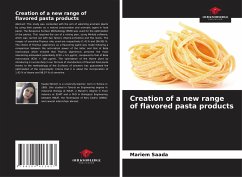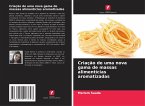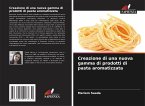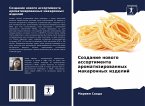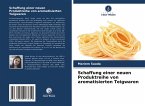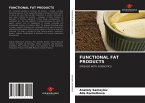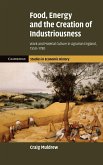Abstract: This study was conducted with the aim of valorizing aromatic plants by using their powder as a natural preservative and aromatic agent in food paste. The Response Surface Methodology (RSM) was used for the optimization of the pastes. This required the use of a mixing plan, using Minitab software, which was carried out with two factors (thyme-semolina) and five levels. The ranges of semolina-Thymus rate used are respectively [1-4] % and [96-99] %. The choice of Thymus algeriensis as a flavouring agent was made following a comparison between the anti-radical power of the latter and that of Beta macrocarpa which showed that Thymus algeriensis presents the most interesting antioxidant potentiality (IC50 = 6.5 µg/ml), compared to that of Beta macrocarpa (IC50 = 160 µg/ml). The valorization of the thyme plant by introducing it successfully in our formula of manufacture of flavored food paste thanks to the methodology of the Surfaces of answers has guaranteed the optimization of the organoleptic criteria that it is about the incorporation of 1.93 % of thyme and 98.07 % of semolina.
Bitte wählen Sie Ihr Anliegen aus.
Rechnungen
Retourenschein anfordern
Bestellstatus
Storno

